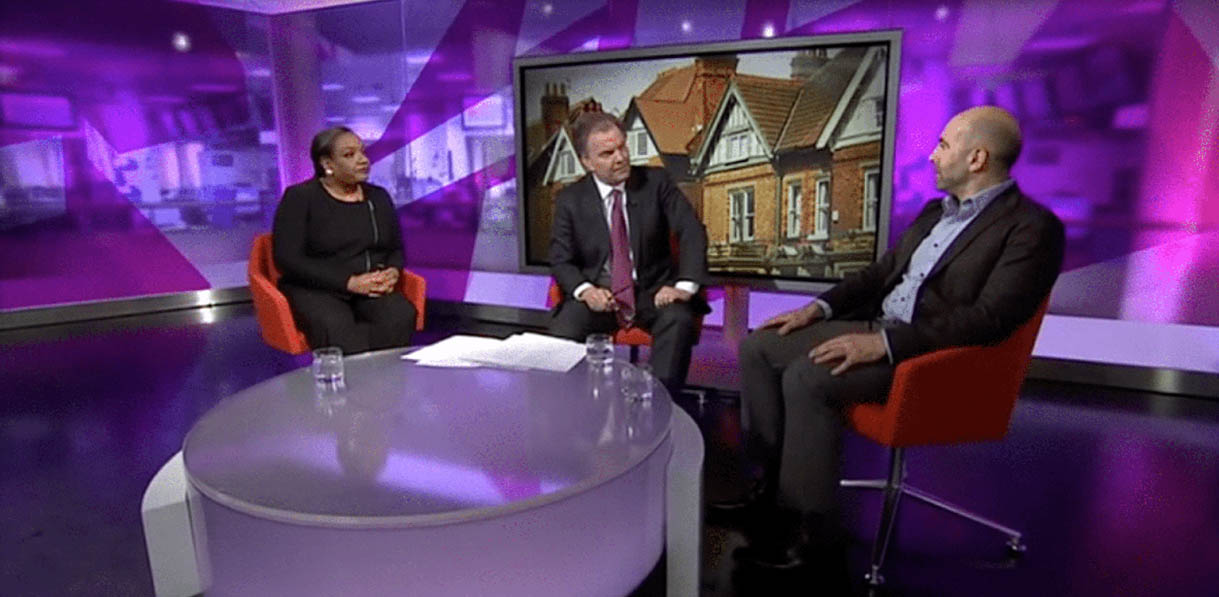It’s a very anxious time for landlords as we wait to see if tenants will be paying their rent this month. Part of the problem has been the picture painted by the term ‘Mortgage Payment Holiday.’ A holiday implies rest and time out – relax and forget about your financial responsibilities. The announcement by the government in March also suggested that a three month payment holiday would be automatic and that any payments due might simply be cancelled. And the message that some tenants picked up was that three months of rent payments would therefore be automatically cancelled. And so we have all been rowing back from this ridiculous miscommunication and misunderstanding.
Customers with buy to let mortgages must ask their lender if they can have a mortgage payment holiday – most lenders will only consider this if there were no arrears on the account. But the three months is not automatic – many will require month by month negotiation. Lenders may also require evidence that the tenant is experiencing financial problems because of coronavirus.
Once the three missed payments are capitalised – that is added to the total amount borrowed – the monthly mortgage payment may well only rise slightly. But for tenants, missed rental payments remain due and simply turn into arrears, which for many could become a substantial debt. Some lenders also expect borrowers to make up the unpaid interest costs rather than capitalising them.
For landlords, mortgage payments are just part of their overheads. They continue to be liable for compliance costs and repairs, often at short notice and higher rate taxpayers face a punitive tax regime. Many are choosing not to ask for mortgage payment holidays because they are concerned that missed payments will either affect credit files or their future relationship with the lender. Landlords with numerous mortgages need to refinance regularly, especially if they have plans to expand the business. An excellent credit file is a very valuable asset.
Not all landlords have mortgages and many rely on rental income as their wage. 39% have a gross income of less than £20,000, according to the NRLA. Rent is defined as investment income by HMRC and there is no government support to help income lost because of Coronavirus – presumably if you have investment income you are wealthy and don’t need support. Government schemes assume that tenants will use the help they are getting to pay rent. But a lot of tenants think that landlords should be using the help they are getting to support tenants.
One of the reasons we have got into this situation is that early on in the crisis there was pressure from the press to help tenants pay their rent. So the mortgage issue grabbed the headlines and I remember hearing tenants in my local café saying, “so we don’t have to pay rent for 3 months.” Announcements on furloughing and help for self-employed people came some days later.
The media paints a negative image of landlords as greedy. I think profiting from property can be seen as vulgar in British culture. So there is little sympathy – and very few votes – in highlighting difficulties faced by landlords. This biased context means that landlords often begin on a defensive footing. Many colleagues report to me that tenants are asking if they can “pass on help.” This puts the landlord on the back foot having to explain that actually we need them to pass on their help.
There are lots of tenants who are genuinely in a very difficult situation. People who changed jobs after 28 February 2020 cannot be furloughed by their new employer. Many self-employed people won’t receive any help until June and payments will be based on the low profits that they often declare. Similarly, company directors often pay themselves very low salaries and these will form the basis for their furlough payments. Newly self-employed people only have universal credit to fall back on and will join the queue of 950,000 new applicants. Some people are waiting 2 months for an interview before payments can be made.
So if you are one of the many landlords being contacted by tenants asking for help with rent, you do need to listen carefully to their situation. Here is a suggested structure for your response:
– explain the importance of keeping up rent payments wherever possible
– explain help available to them through government schemes and that universal credit can help towards rent
– include links to apply for universal credit and to the local housing allowance calculator so they can see what they might be eligible for
– ask how much rent they think they can pay and for a proposal for repaying the arrears once the crisis is over
– ask for evidence of difficulties they are experiencing
– offer help with completing forms
– give them time to think things through and offer a follow up phone call
If you chose to take a ‘mortgage payment holiday’ and your lender agrees, you could offer to reduce the rent by the amount you are saving through not having to make the mortgage payment.
Many landlords are dealing with tenants’ arrears for the first time and will inevitably lack experience. I recommend you encourage tenants to be realistic about what they can afford to pay – but the golden rule is that they should pay something. I think it’s important to set clear boundaries and try to adhere to them. So agree how much will be paid and when, creating a payment plan over several months if necessary. Check if a payment has been paid – allowing a three working day leeway – and then and if it hasn’t, contact the tenant for an update. It’s important to be understanding and flexible within reason. Set a review date for when you will speak again.
Managing your own feelings is important too. You may be angry or frustrated with the tenant. The lockdown is also bringing up a lot of bereavement type feelings for people as they almost grieve the loss of normal everyday life. Many people are having difficulties sleeping and feel they have limited control of their lives at the moment.
I recommend adopting a customer service approach with tenants, behave as you would expect a reputable organisation likes Marks & Spencer or First Direct would. Try to put your own feelings to one side. It obviously helps if you can talk to friends and family to get stuff off your chest. If you have a lot of tenants not paying rent and the business is badly affected, consider getting counselling. Although it may cost you £50 per hour, it will benefit you and your business.
Managing arrears with tenants can change your relationship with them. Instead of just collecting rent, issuing contract renewals and dealing with repairs, you may now be entering the realm of their family and personal difficulties. Talking about money can feel like a taboo in UK culture. Many people have complex relationships with money and you may see them avoid the reality of the situation, play games and be manipulative. They may resent you as they perceive you as interfering with their affairs or act out with you as if you were their parent.
Assertiveness skills can be really helpful in this situation: empathise, gently make observations about how they are behaving, use I statements, state what you need and be open to compromise. Active listening where you listen and show that you are listening, maybe by summarising what they have said, is vital. Stay focused on the outcome that you want. It may be better to maintain a good relationship, but have the money repaid over a long time than try to push for your ultimate goal of rapid repayment. Remember that if you fall out, eviction and trying to get the money repaid could be a long and painful process and take a big emotional toll on both of you.









